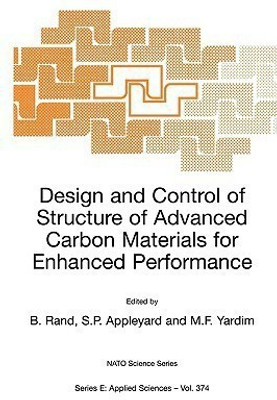Design and Control of Structure of Advanced Carbon Materials for Enhanced Performance(English, Paperback, unknown)
Quick Overview
Product Price Comparison
Carbon is unique in the range of structures and properties that are displayed by its material forms. The bonds in diamond, within the plane ofgraphite and in the fullerene molecules, C , are the strongest covalent bonds possible. This strong covalent bonding 60 leads to some exceptional intrinsic properties, examples ofwhich are: the greatest Young's modulus (in diamond, within the graphite plane and in single- walled nanotubes) the highest room temperature thermal conductivity (in diamond and within the graphite plane) high hole mobility in doped diamond exceptional thermal stability ofthe structure in graphite It is because of the extreme thermal stability that such a wide range of materials is available. Atomic mobilities are low at all but the highest temperatures. Sintering, melting and casting ofcarbon are not feasible processing operations and carbon/graphite components are exclusively produced from the pyrolytic decomposition of organic precursors. The vast majority of engineering carbons have Sp2 type bonding and are related in some way to the structure of graphite. In the c-direction the bonding in graphite is of van der Waals character with the result that graphite is highly anisotropic in its properties and is probably unique in showing both the highest and lowest bond strengths in different directions in the same crystal.


